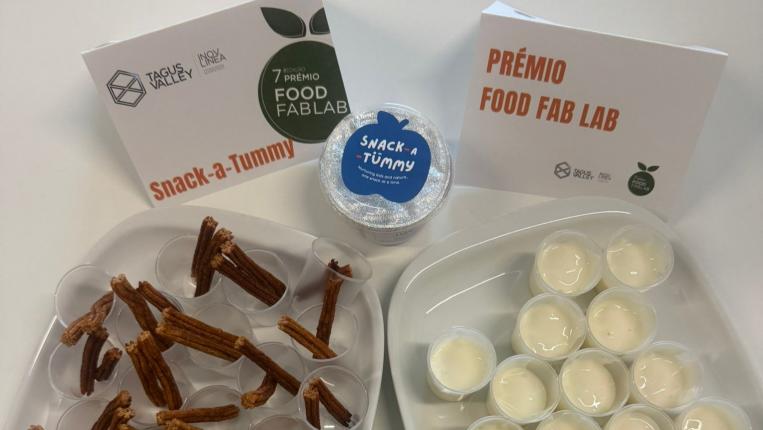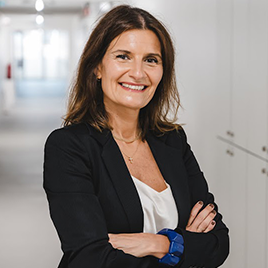Objectives and competences
The Curricular Unit Biomaterials and Medical Devices with the following pedagogical objectives:
- To consolidate knowledge concerning the physical, chemical and mechanical properties of biomaterials and to understand the effect of their behavior in the physiological environment.
- To present the different available techniques for surface characterization of biomaterials.
- To understand the importance of a correct biological validation of a biomaterial through in vitro cell studies and animal models.
- To raise awareness of the practical use of different biomaterials, in particular the importance of the inevitable step of sterilization and many ethical, legal and regulatory issues respects.
- To know the potential of valorization of industrial byproducts as added valued biomaterials through practical examples of research lines existing in CBFQ.
Teaching Methodologies
The curricular unit is organized into 10.5h theoretical and 12h theoretical-practical, 13.5 laboratory practices and 3h of fieldwork. The contents of the T lessons are transmitted through expository and interrogative methodologies, enabling the active participation of students. Multimedia projection is used as a didactic auxiliary (slides/videos). In the TP classes are used active methodologies, having the internet as a tool for development of a multimedia presentation. In laboratory classes and during the visit are also used active methodologies.
Syllabus
A. Theoretical classes
I. Materials in Medicine
I.1 Contextualization
I.2 Structure and properties
II. Stability in physiological environment
II.2 Metals: corrosion in metallic prostheses
II.3 Ceramics: stability and dissolution
II.4 Polymers: oxidation, hydrolysis, enzymatic degradation
III. Biocompatibility, immune response and inflammation
III.1 In vitro tests
III.2 In vivo tests
IV. Infection associated with biomaterials
IV.1 Bacteria-biomaterial interactions
IV.2 Parameters that influence biofilm formation
V. Advanced Biomaterials in Regenerative Medicine
V.1 Biomimetic and intelligent materials
V.2. Fabrication and biofabrication strategies
V.3 Physico-chemical and biological characterization
VI. Practical aspects of biomaterials in regenerative medicine
VI.1 Sterilization
V.2 Ethics and regulation
B. Theoretical and practical
I. Group work
I.1 Application vs function of advanced biomaterials
I.2 Analysis of scientific papers
C. Laboratory classes
II. Laboratory classes:
II.1 3D printing of scaffolds for tissue replacement/engineering
Characterization of chemical structure by FTIR, mechanical and morphological properties
II.2 Preparation of a natural-based membrane for skin tissue engineering
Characterization of fluid interaction capacity and wettability by contact angle
angle
D. Fieldwork
I. Visit to i3S - Institute for Research and Innovation in Health, University of Porto.




